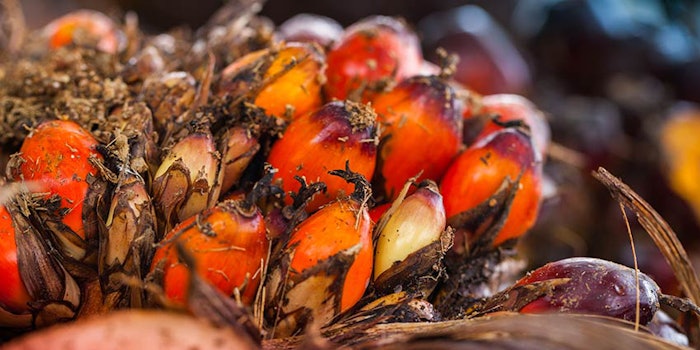
The Procter & Gamble Company (P&G) has announced a collaboration with Malaysia Institute for Supply Chain Innovation (MISI), International Plant Nutrition Institute (IPNI) and Yara International to improve the livelihood of smallholders within its Malaysian palm supply chain.
The program, which began as a pilot run between 2015-2018, partners with independent palm oil stallholders to increase their overall fruit yields via training and the implementation of more sustainable agricultural practices.
Smallholders provide around 40% of the global palm oil supply, but often have limited knowledge or access to agricultural resources to maximize their crop. The pilot focused on assessing the baseline capability of around 2,000 smallholder farmers in Johor, Malaysia; it proved so successful that the program is expanding to create 250 learning farms embedded in the P&G-led Innovation system.
Related: P&G Releases Q3 2019 Financials
The farms will serve as community resource centers, driving scale and diffusion of agricultural practices for up to 10,000 smallholders within the next five years, with the goal of improving yields by 30-50%, improving the livelihood of farmers and ensuring sustainable practices in the P&G palm oily supply chain. (Improving the livelihood of palm oil smallholders is among P&G’s Ambition 2030 sustainability goals.)
Farmers at the learning farms will be granted access to agronomists and sustainability filed officers, and receive hands-on technical advisory support.
“We believe we can be a force for good and a force for growth. This program illustrates our commitment to driving long-term sustainability efforts,” said Jack Ryan, vice president, P&G Chemicals. “We are proud of the work we are doing in Malaysia because it is the right thing to do for the local community and the global consumers we serve who want more sustainable products.”










